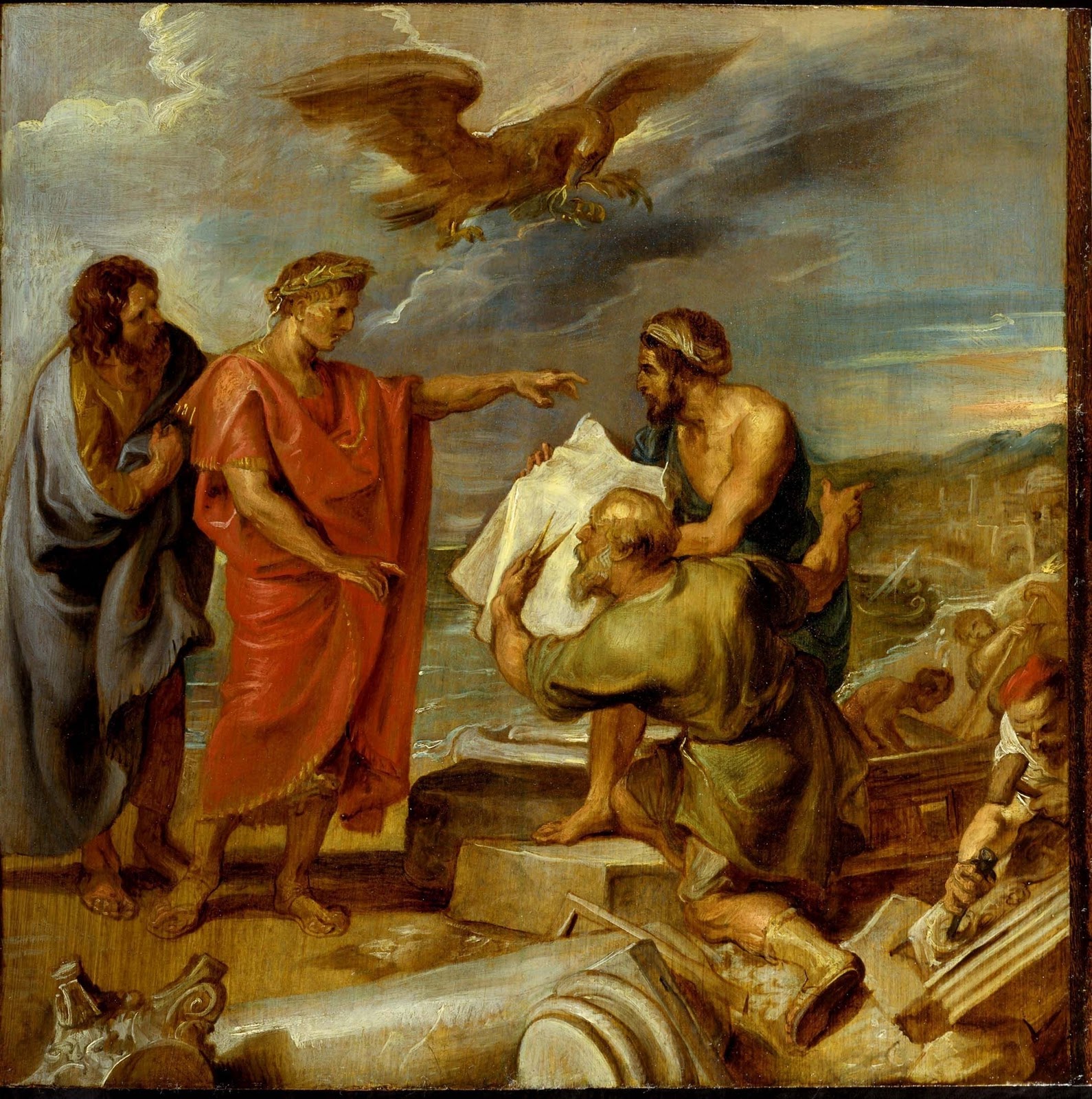


The soldiers at once proclaimed him Augustus ] Constantine henceforth observed this day as his dies imperii. When Constantius died, on 25 July 306, at Eburacum (York), Constantine was at his side. Kept initially at the court of Galerius as a pledge of good conduct on his father's part, he was later allowed to join his father in Britain and assisted him in a campaign against the Picts. ]Ĭonstantine, in the meanwhile, had served with distinction under both Diocletian and Galerius in the East. ] Upon the retirement of Diocletian and Maximian on 1 May 305 Constantius succeeded to the rank of Augustus. ] On this occasion he was required to put aside Helena and to marry Theodora, the daughter of Maximian. Having previously attained the rank of tribune, provincial governor, and probably praetorian prefect, Constantius was raised, on 1 March 293, to the rank of Caesar in the First Tetrarchy organized by Diocletian. ] There is good reason to think that Constantius and Helena lived in concubinage rather than in legally recognized marriage. ] His father was a military officer named Constantius (later Constantius Chlorus or Constantius I), his mother a woman of humble background named Helena (later St.

The fact that ten Byzantine emperors after him bore his name may be seen as a measure of his importance and of the esteem in which he was held.įlavius Valerius Constantinus, the future emperor Constantine, was born at Naissus in the province of Moesia Superior, the modern Nish in Serbia, on 27 February of 271, 272, or 273. His victory at the Milvian Bridge counts among the most decisive moments in world history, while his legalization and support of Christianity and his foundation of a 'New Rome' at Byzantium rank among the most momentous decisions ever made by a European ruler. His powerful personality laid the foundations of post-classical European civilization his reign was eventful and highly dramatic. The emperor Constantine has rightly been called the most important emperor of Late Antiquity.


 0 kommentar(er)
0 kommentar(er)
